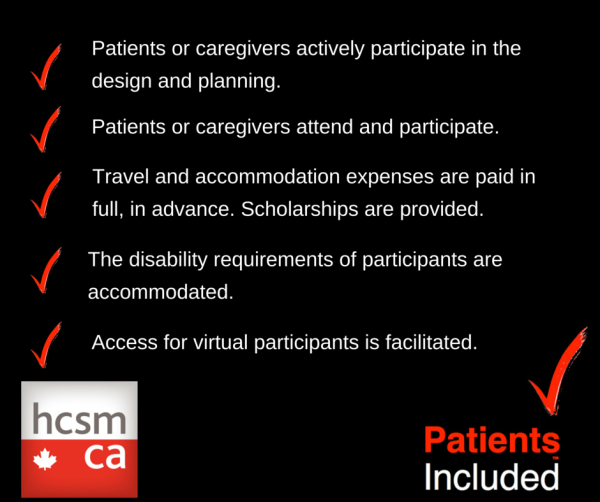Patient
Experience. Empathy. Patient Engagement. Patient Inclusion. Shared Decision
Making.
I hear a
lot of buzzwords. And a lot of the time, that’s all they are – buzzwords. I’ll
tell you what I want, not as a ‘e-patient’ or a ‘patient advocate’, but just as
a mom. I want my 14 year old son to leave his 2 hour appointment with his new
doctor excited about the care he’s receiving. And that rarely happens. But last
week it did. Why? What was different?
In the
words of Inigo Montoya from ‘The Princess Bride’ “Let me 'splain…No, there
is too much. Let me sum up…”
Our names were respected:
Right from
first handshake, he respected our names. He checked with my son, his patient, how
he likes being referred to and made sure to use that name. Amazingly, I was not ‘mom’! I was Ms. Jordan. I had
a name – like a respected colleague. Even our family members that weren't there – he took the time
to find out their names, to ask the spelling, to check in to make sure that
the had it correct. It seems such a minor point, but if you were going into a
collaborative business meeting, wouldn’t you make sure that you had the names
of your partners right? Would you go into a project with someone who couldn’t
be bothered to figure out which was your first name or last name? Names matter.
Manners matter.
Our emotional needs were respected:
In
recognition that this was to be a long appointment, this new doctor told us
exactly what the agenda of the appointment would be. Of course he knew, but
respecting our needs as partners meant bringing us in the loop so that we could
have a say. And then giving us (giving my son) the power to change
locations/moving/pausing if the appointment became too long. Of course, as with
most people, knowing what was coming next made it easier to tolerate a long
meeting and we were fine with the long appointment time.
Our physical bodies were respected:
Recognizing
that the clinic is truly the health care provider’s domain is important. And
inviting the patient into it and making us feel comfortable there isn’t something
I’ve ever really thought about before. But at this appointment, this doctor
said, “I’m comfortable, but others find it cold here. We can move to another
room if it is too chilly here. That is no problem”. I don’t think I’ve ever
been asked anything like that at other appointments. Furthermore, before
examining my son, there was always a pause, an explanation, and a request for
permission. Such a small touch, but an indication of respect and partnership
and caring.
Our stories were respected:
So at the
beginning of the appointment I did what I always do. I shuffled my papers. I
organized my files and I got ready to be as efficient as possible, because I
have been taught to respect the doctors’ time. Amazingly, this is the response
I got (paraphrased) ‘I love data, but before I look at that, I want to hear
your stories. [looking at my son] Your story. [looking at me] And your story.
And then when you hear my story too, perhaps together we can reach some
answers. Not because any of us are telling the truth or a lie, but because each
of us has a different perspective.’ I’m sorry, but has this fellow come to see
my talks or something? Seriously, he was preaching to the choir! My son and I
may have shared a significant look at this point.
In brief,
we were treated as partners in my son’s care; as respected equals, as
colleagues. I don’t understand why this is both difficult and rare. I didn’t
get the sense we were treated this way because we were special patients. I
believe this is simply how this doctor treats his patients. To put icing on
this already truly fabulous cake, the doctor asked us if we’d like to stay in
contact by email so that we can see how a course of treatment is going and
course-correct if necessary. Imagine. I am immensely grateful to this doctor for this experience. It reminded me of what is possible. We are fortunate because we have several healthcare providers that are doing so many things right. But this appointment, this day, distilled each of those things into one, single appointment. It made me see how important it is to feel respected in all of our interactions with the health care system. It is something we should expect, not be surprised by.












